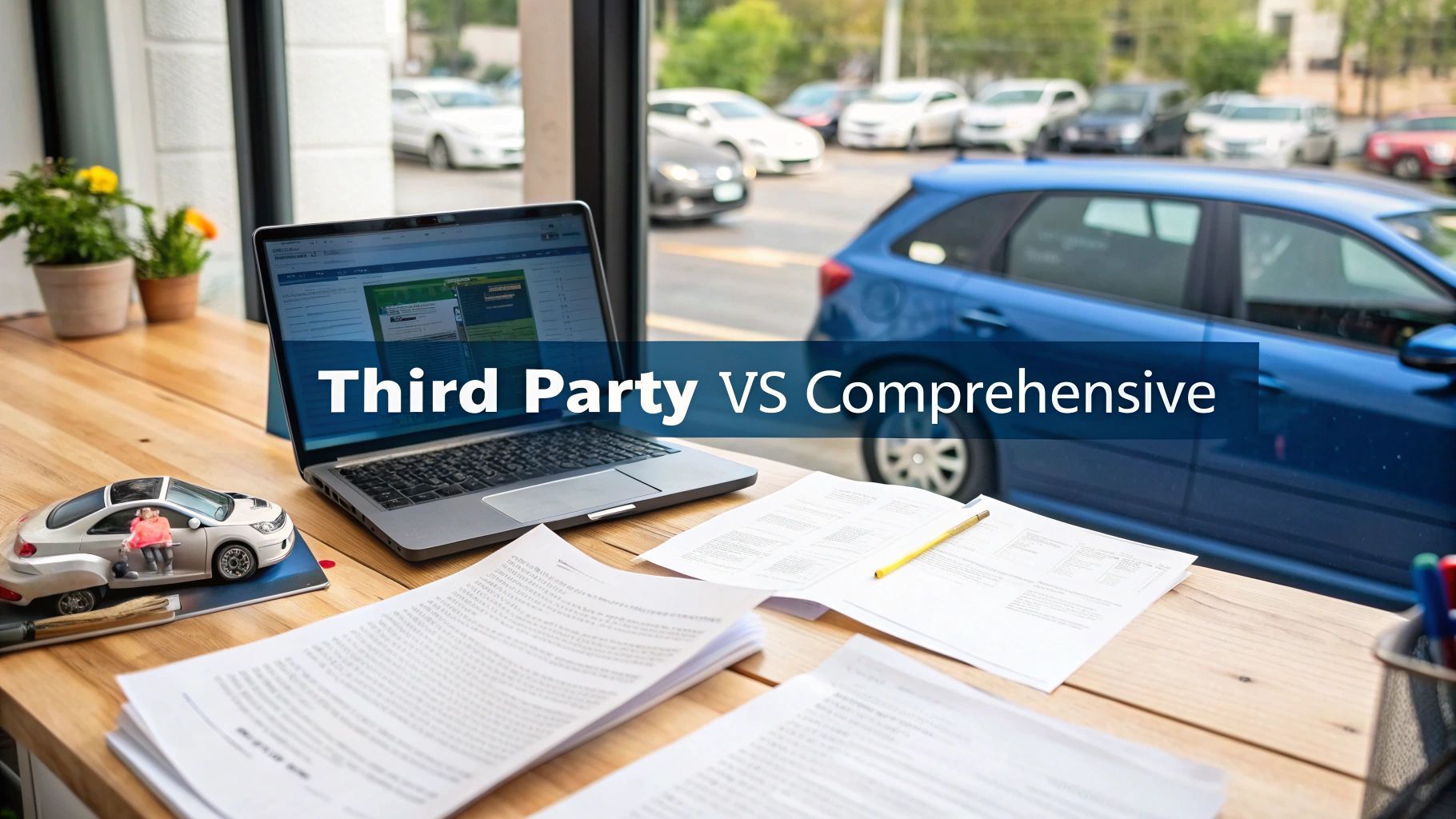Why Insurance Claims Get Rejected and What You Can Do
What to expect when your insurer says no, why claims are refused and how to challenge the decision with confidence.

When you take out an insurance policy, you expect to be protected if something goes wrong. Unfortunately, there are times when insurers reject claims, leaving policyholders frustrated and unsure of their next steps. Understanding why claims are refused and how to respond can help you take control of the situation and potentially turn things around.
This guide outlines the most common reasons insurers reject claims, your rights as a policyholder and the practical steps you can take to resolve the issue.
Why Do Insurance Companies Refuse to Pay Claims?
Insurers can decline a claim for several reasons but it often comes down to one of the following
1. Non-disclosure or Misrepresentation
If you fail to provide accurate or complete information when applying for insurance your policy could be invalid. This includes anything from not declaring a pre-existing medical condition to omitting details about your home security when applying for contents insurance.
2. Breach of Policy Terms
Every policy includes specific terms and conditions. If you do not follow these such as not securing your property properly or failing to report a theft to the police within the stated timeframe your insurer may reject your claim.
3. Missed Payments
Falling behind on your premium payments can result in your policy being suspended or cancelled. If your cover has lapsed the insurer is unlikely to pay out.
4. Claiming for Excluded Events
Most insurance policies clearly state what is and is not covered. Attempting to claim for something specifically excluded such as flood damage in a standard home insurance policy will typically be unsuccessful.
5. Lack of Evidence or Supporting Documentation
Insurers need sufficient proof to validate a claim. If you are unable to provide required documentation like receipts photos or a police report it may be used as grounds to deny your claim.
6. Fraudulent Claims
Deliberately exaggerating a claim or providing false information can result in not only a rejected claim but also potential legal consequences.
What You Can Do If Your Claim Is Rejected
Having a claim turned down is not necessarily the end of the road. There are several steps you can take to challenge the decision
1. Ask for a Full Explanation
Insurers must provide a clear reason for rejecting your claim. Request this in writing so you understand the basis for the decision.
2. Review Your Policy
Read your policy documents carefully. Compare the insurer’s reasoning with the actual wording in your policy to see if the rejection is justified.
3. Gather Supporting Evidence
If your claim was rejected due to insufficient evidence try to obtain any missing documentation. This might include additional photographs repair estimates or third-party statements.
4. Submit a Formal Complaint
If you believe your insurer has made a mistake you can submit a complaint through their official complaints procedure. Most companies are required to respond within eight weeks.
5. Escalate to the Financial Ombudsman Service
If you are not satisfied with the insurer’s response you can take your complaint to the Financial Ombudsman Service. The Ombudsman is independent and can order the insurer to pay out if it finds in your favour.
How to Strengthen Your Insurance Claims
To reduce the chances of having a claim denied in the future consider the following best practices
- Disclose all relevant information when applying for insurance even if you are unsure it is necessary
- Keep records of valuable possessions including receipts appraisals and photos
- Report incidents promptly especially where deadlines are specified in your policy
- Understand your policy exclusions so you know exactly what is and is not covered
- Maintain clear communication with your insurer and document all correspondence
Know Your Rights as a Policyholder
Insurance companies in the UK are regulated by the Financial Conduct Authority which ensures they treat customers fairly. If your claim is rejected you have the legal right to
- Receive a full explanation of the decision
- Appeal through the insurer’s internal process
- Escalate to the Financial Ombudsman for independent review
It is also worth noting that insurers must handle claims promptly and without unnecessary delays. If your insurer is dragging its feet this could be grounds for further complaint.
Final Thoughts
Having a claim rejected can feel like a betrayal especially when you have paid into a policy in good faith. But understanding the common reasons for refusals and the steps you can take in response gives you the tools to challenge a decision and potentially recover the compensation you deserve. Always read your policy thoroughly maintain honest and clear communication and do not be afraid to escalate matters if you believe you have been treated unfairly.












